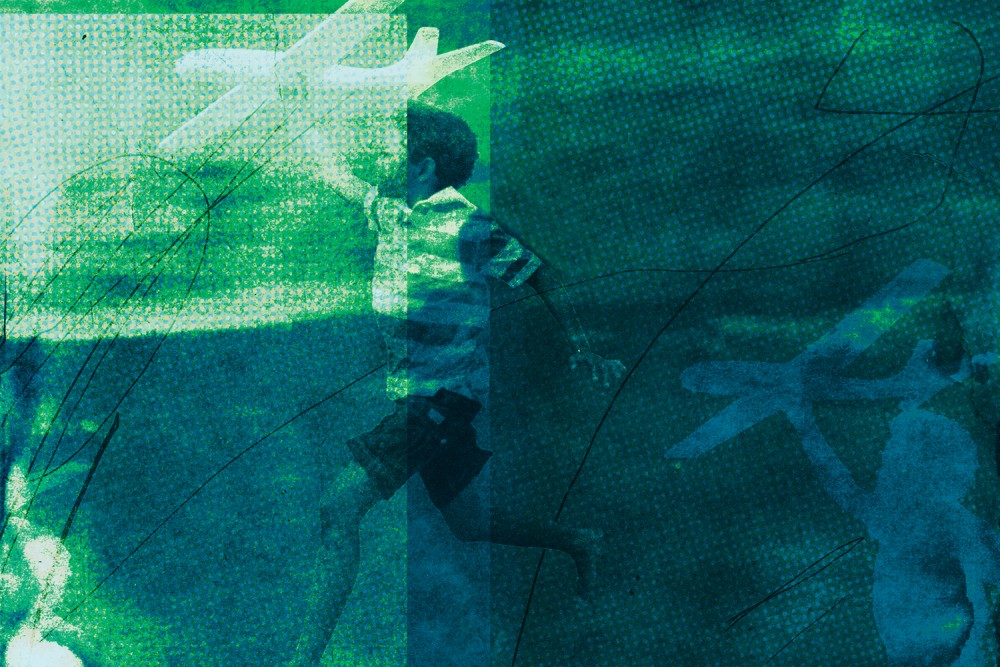Against killing children
We have become a society of people who cannot prevent our own children from being killed in their classrooms—and who do not much mind the killing of other people’s children by weapons of war.

Century illustration (Source image: Getty)
Soon enough, and somewhat to my surprise, I have become an aged man. For many years I have been an advocate for the good and goods in which I have invested my heart. I am a patriot but not a nationalist. Since the Vietnam years, I have opposed our wars of national adventure, and I have opposed the extractive industrialism that passes with us for a national economy. I have opposed the dominant attitudes and technologies by which we are destroying, and have too nearly destroyed, the economic landscapes of our country, our country itself, our land. The different manifestations of our destructiveness are all parts of one thing: a global corporate economy concentrated upon the effort to turn to profit everything that can be subdued to its methods. Whatever cannot be made directly profitable—the lives and needs of children, let us say—it ignores and thus draws into the vortex of its destruction.
And so, as a “late” essay, I want to address a problem, in fact a disaster, that I have not heretofore said enough about: our destruction of children. We of the United States of America have now grown accustomed to the killing of children. We still regard it as sensational, with a remnant revulsion; it is often a “news item.” But sensation wears out fast. The roving eyes of the media hesitate a due moment over the current sensation and hurry on to the next. Perhaps experts may devote an article or column to the matter, but they also must hurry on, for disasters continue to happen, child killing is only one of them, and all must be given their moment in the schedule of sensations.
We all agree that we are living in an exceedingly troubled time, and it finally occurs to me that we ought to think of child killing not as a part or a symptom but instead as the center, the nucleus, the very eye of our trouble: the plainest measure of our betrayal of what we used to call our humanity. I know that I am drawn to this labor by my tenderness and fear for my four great-granddaughters. But I am drawn to it also because I was once a child, and like many children of my generation, I enjoyed a freedom that has become rare, almost extinct. The best part of my early education was the free, unsupervised playing and rambling with other children in our small towns and the freedom to wander in fields and woods. We were to a degree endangered, of course, by the world’s native hazards and our inexperience, but we acquired experience, too, the kind of experience that supervision excludes, and thus something in the way of caution.




